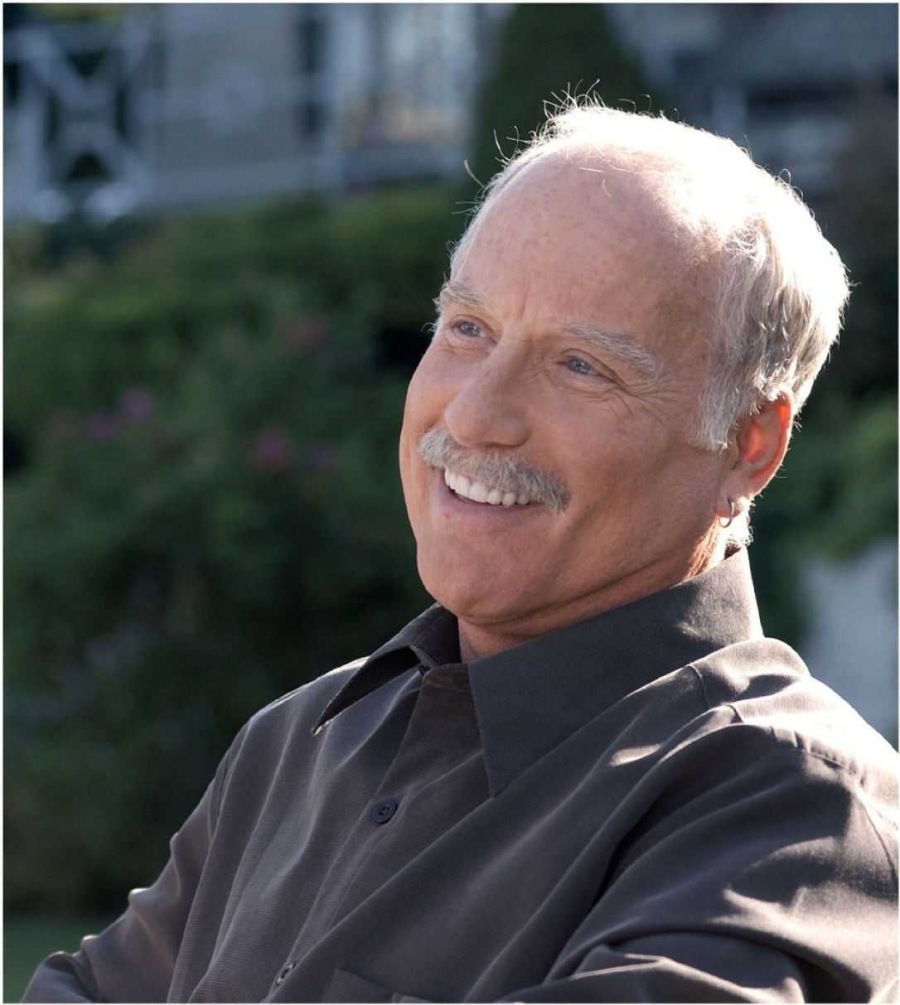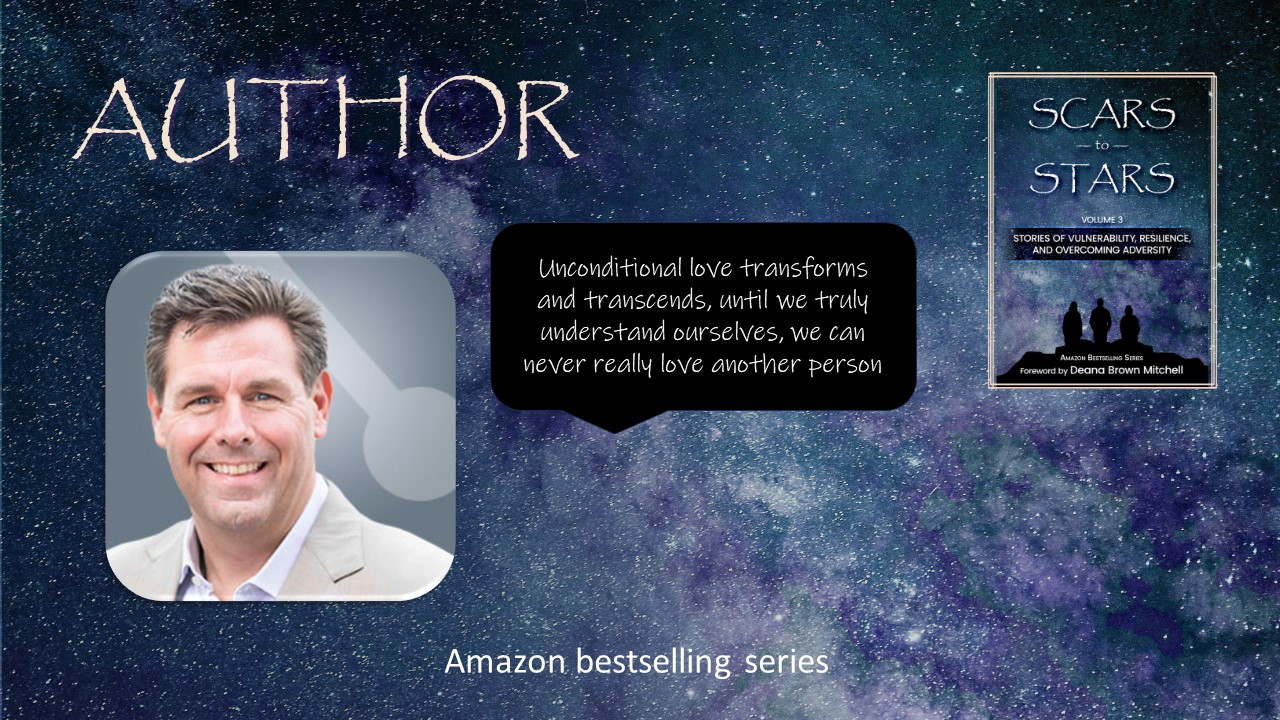Can we make the same mistakes, do we learn from adversity?

I sat down with a good friend recently over coffee discussing various subjects when we discussed mistakes, I said ‘mistakes; lets change the subject’, and my insistent friend said ‘yes, mistakes, we are all capable of making the same mistakes over and over, because, under stress we tend to retreat to habits of emotion regulation formed in toddlerhood’. Fascinating discussion, its true; habits rule under stress and when the regulatory processes of the prefrontal cortex (the Adult brain) are overtaxed from physical or mental exhaustion.
In French, there is the expression “jamais deux sans trois” (literally: “never twice without a third [time]”). The term is used to express that something which has already happened twice is likely to happen again.
Mistakes have a negative image. So we hide them, play the blame game, or beat ourselves up when they occur. In fact, these actions compound our mistakes by creating stress and anxiety, damaging relationships, squandering time and money, and most importantly, often causing us to repeat the same mishap over and over again. The truth is, mistakes aren’t inherently bad –– what counts is how we view and react to them. How do you respond to mistakes? Do these actions sound familiar
William J. Clinton once said: “If you live long enough, you’ll make mistakes. But if you learn from them, you’ll be a better person. It’s how you handle adversity, not how it affects you. The main thing is never quit, never quit, never quit.”
“Never go back.” What does that mean? From observations of successful people, Dr. Henry Cloud, clinical psychologist and author of: ‘Never Go Back: 10 Things You’ll Never Do Again’ (Howard Books, June 2014), discovered certain “awakenings” that people have—in life and in business—that once they have them, they never go back to the old way of doing things. And when that happens, they are never the same. In short, they got it. “Years ago, a bad business decision of mine led to an interesting discussion with my mentor”, Dr. Cloud says. “I had learned a valuable lesson the hard way, and he reassured me: ‘The good thing is once you learn that lesson, you never go back. You never do it again’.”
“I wondered, what are the key awakenings that successful people go through that forever change how they do things, which propel them to succeed in business, relationships, and life? I began to study these awakenings, researching them over the years.”
Although life and business have many lessons to teach us, Dr. Cloud observed “ten doorways” of learning that high performers go through, never to return again.
Successful people never again:
- Return to what hasn’t worked. Whether a job, or a broken relationship that was ended for a good reason, we should never go back to the same thing, expecting different results, without something being different.
- Do anything that requires them to be someone they are not. In everything we do, we have to ask ourselves, “Why am I doing this? Am I suited for it? Does it fit me? Is it sustainable?” If the answer is no to any of these questions, you better have a very good reason to proceed.
- Try to change another person. When you realize that you cannot force someone into doing something, you give him or her freedom and allow them to experience the consequences. In doing so, you find your own freedom as well.
- Believe they can please everyone. Once you get that it truly is impossible to please everyone, you begin to live purposefully, trying to please the right people.
- Choose short-term comfort over long-term benefit. Once successful people know they want something that requires a painful, time-limited step, they do not mind the painful step because it gets them to a long-term benefit. Living out this principle is one of the most fundamental differences between successful and unsuccessful people, both personally and professionally.
- Trust someone or something that appears flawless. It’s natural for us to be drawn to things and people that appear “incredible.” We love excellence and should always be looking for it. We should pursue people who are great at what they do, employees who are high performers, dates who are exceptional people, friends who have stellar character, and companies that excel. But when someone or something looks too good to be true, he, she, or it is. The world is imperfect. Period. No one and no thing is without flaw, and if they appear that way, hit pause.
- Take their eyes off the big picture. We function better emotionally and perform better in our lives when we can see the big picture. For successful people, no one event is ever the whole story. Winners remember that – each and every day.
- Neglect to do due diligence. No matter how good something looks on the outside, it is only by taking a deeper, diligent, and honest look that we will find out what we truly need to know: the reality that we owe ourselves.
- Fail to ask why they are where they find themselves. One of the biggest differences between successful people and others is that in love and in life, in relationships and in business, successful people always ask themselves, what part am I playing in this situation? Said another way, they do not see themselves only as victims, even when they are.
- Forget that their inner life determines their outer success. The good life sometimes has little to do with outside circumstances. We are happy and fulfilled mostly by who we are on the inside. Research validates that. And our internal lives largely contribute to producing many of our external circumstances. And, the converse is true: people who are still trying to find success in various areas of life can almost always point to one or more of these patterns as a reason they are repeating the same mistakes. Everyone makes mistakes…even the most successful people out there. But, what achievers do better than others is recognize the patterns that are causing those mistakes and never repeat them again. In short, they learn from pain—their own and the pain of others. A good thing to remember is this: pain is unavoidable, but repeating the same pain twice, when we could choose to learn and do something different, is certainly avoidable. I like to say, “we don’t need new ways to fail….the old ones are working just fine!” Our task, in business and in life, is to observe what they are, and never go back to doing them again.
People fear mistakes because they’re reprimanded and ridiculed for them. As a result, we become defensive when they occur. Imagine how we’d act if mistakes were a welcome way of life?
As Ralph Nader said:
“Your best teacher is your last mistake.”
"
Articles from Geoff Hudson-Searle
View blog
I recently had a meeting in the City of London with a group of executives, the interesting fact was ...

I had the great fortune to see Hollywood legend Richard Dreyfuss at the Cadogan Hall – Chelsea, Lond ...

It was with real Joy that we celebrated the launch of Scars to Stars volume 3. · Scars to Stars™ is ...
Related professionals
You may be interested in these jobs
-
Vacature Werkvoorbereider HBO
Found in: Jooble UK O C2 - 5 days ago
Randstad Construction and Property Cove, Devon, United KingdomWe are working with an established Tier 1 contractor in North Hampshire who need an experienced Construction Planner to assist them in preconstruction working on a range of tenders. · The company operate in the framework markets on schemes ranging from £8 to £50 million in educa ...
-

Teacher
Found in: beBee Professionals UK - 3 days ago
Direct apply
beBee Professionals England, United Kingdom Full timeResponsibilities: · - Plan and deliver engaging and effective lessons in accordance with curriculum standards. · - Assess student progress and provide feedback to support learning. · - Create a positive and inclusive classroom environment conducive to learning. · - Differentiate ...
-
Immediate Start-Site Manager
Found in: Jooble UK O C2 - 6 days ago
Bond Recruit Ltd Alderbury, Wiltshire, United KingdomMy client is currently looking for a Site Manager to join a brand new phase for an exisiting site just outside of Sailsbury. · This site consists of a mixture of both timber and traditional houses and apartments. · There is around 200 units to complete on this site. · They pride ...
Comments
Geoff Hudson-Searle
6 years ago #2
Hi Lyon, i think we have all made mistakes in life, i always say there is a book in everyone. Adversity can be the only way to learn for some people, great to hear your views!
Lyon Brave
6 years ago #1